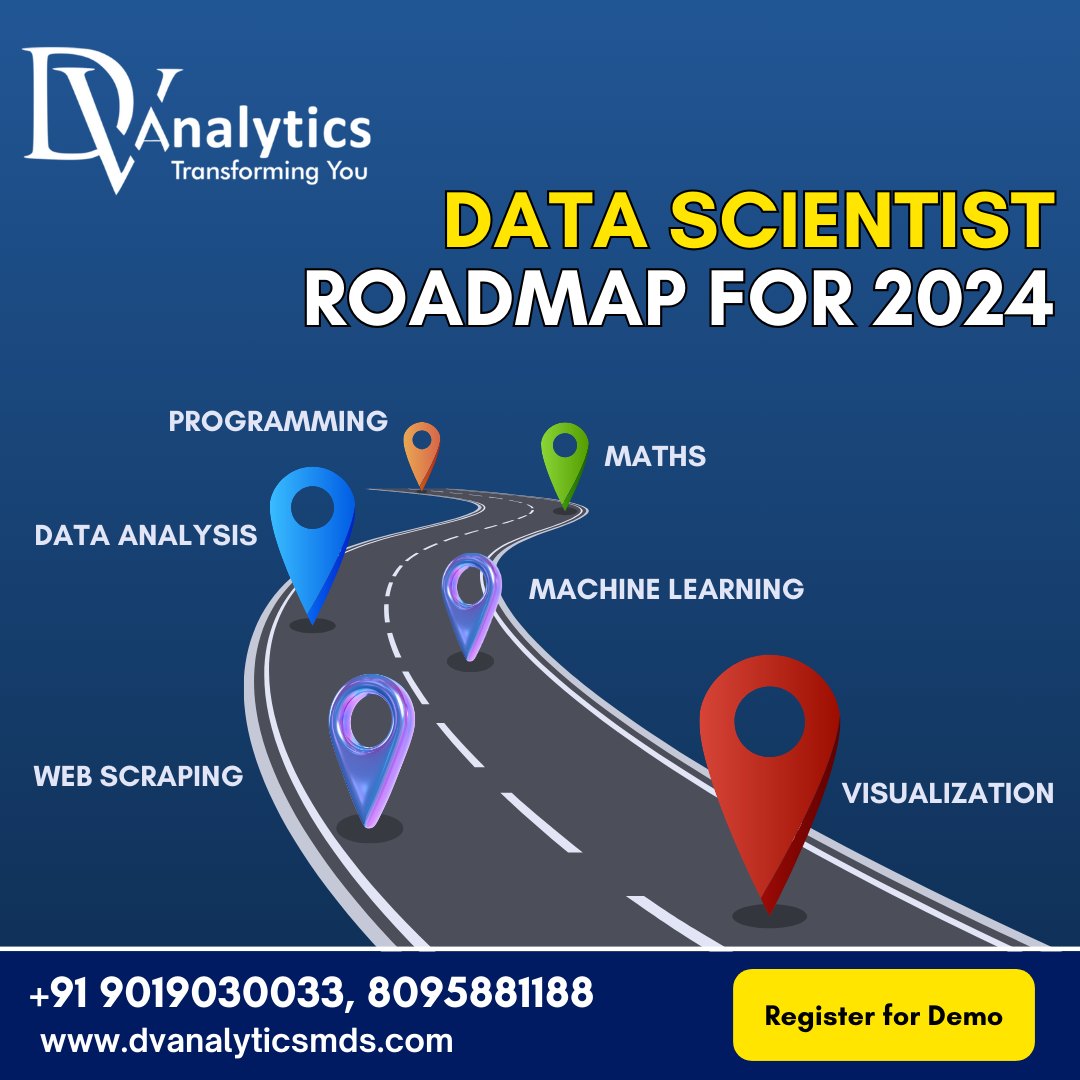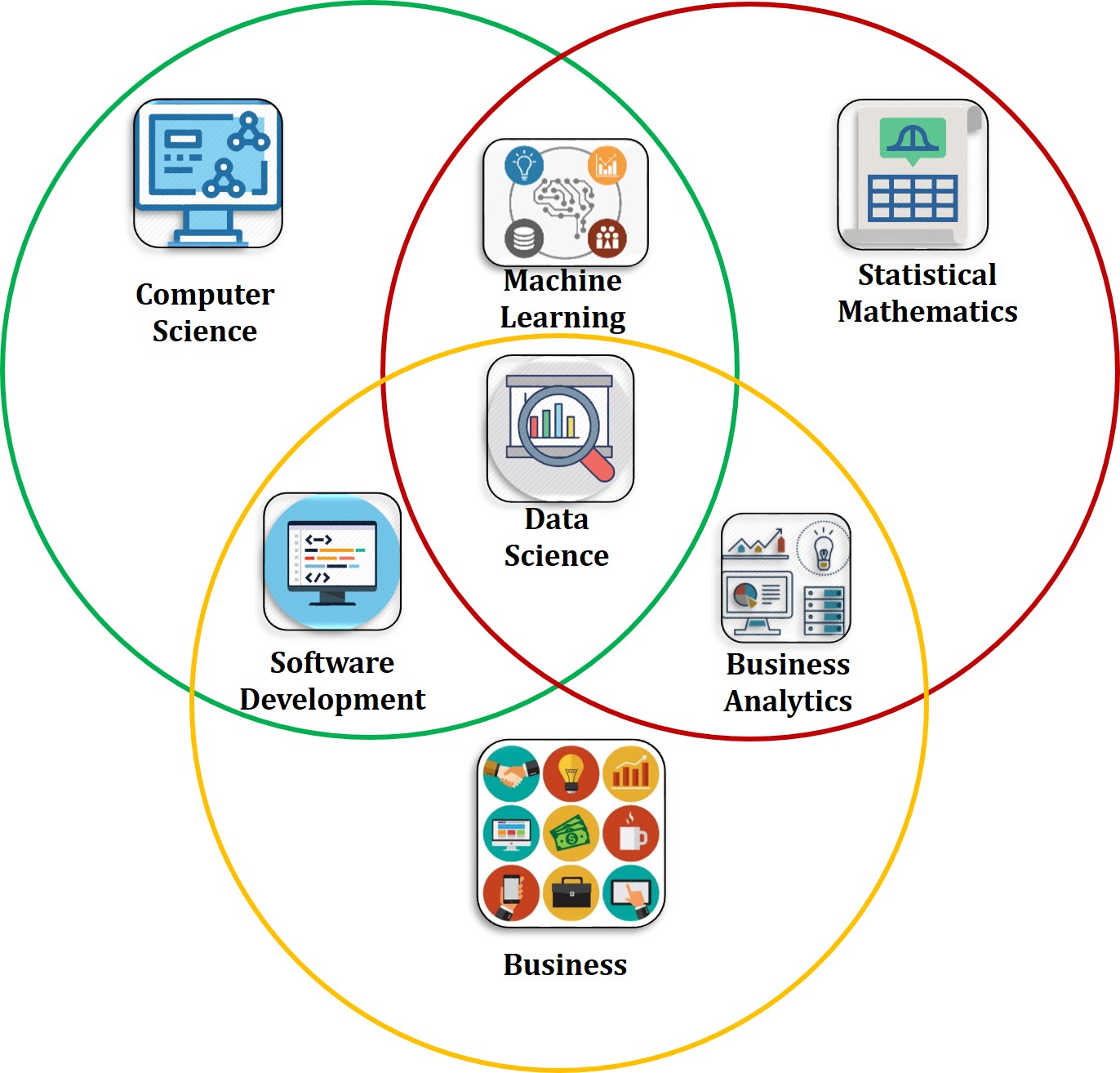Data Scientist Roadmap for 2024
Embark on your journey to becoming a successful data scientist with our exclusive “Data Scientist Roadmap for 2024.” Master essential skills including programming, mathematics, data analysis, machine learning, web scraping, and visualization. Join DV Analytics, the leading Data Science Training Institute, and pave your way to a rewarding career in data science.
DV Analytics is considered as the Best Data Science Training Institute in Bangalore which offers services from training to placement as part of the Data Science training program with over 1600+ participants placed in various multinational companies including ANZ, One Saving Bank, Citibank, HSBC,Honeywell , Standard Chartered Bank, Societe Generale, etc. DV Analytics imparts the best Data Science training in Bangalore and is considered to be the best in the industry.
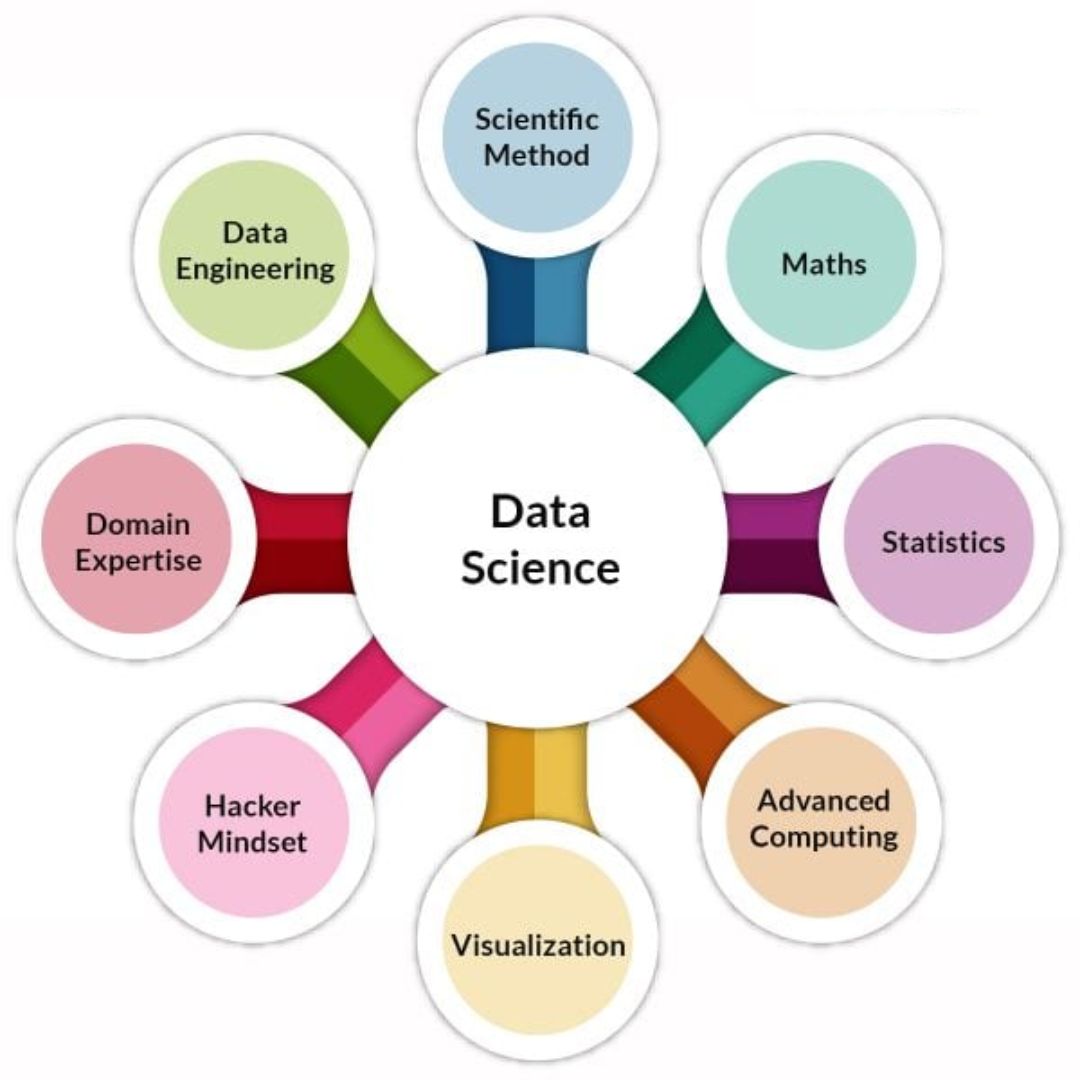
1.Foundational Knowledge
Statistics and Probability:
- Probability Theory: Understand concepts such as random variables, probability distributions (e.g., normal, binomial, Poisson), joint and conditional probabilities, Bayes’ theorem.
- Statistical Inference: Learn hypothesis testing, confidence intervals, p-values, types of errors (Type I and Type II), significance levels.
- Regression Analysis: Study linear regression, multiple regression, logistic regression, and other regression techniques for modeling relationships between variables.
Linear Algebra and Calculus:
- Linear Algebra: Master matrices and matrix operations, vectors, vector spaces, eigenvalues, eigenvectors, and their applications in data transformations and dimensionality reduction.
- Calculus: Understand limits, derivatives, and integrals, as they are essential for optimization algorithms used in machine learning.
Programming:
- Python: Learn Python programming language as it’s widely used in data science for its simplicity, versatility, and extensive libraries (e.g., Pandas, NumPy, Scikit-learn).
- R: Familiarize yourself with R programming language, particularly popular in academia and statistical analysis.
- SQL: Acquire knowledge of Structured Query Language (SQL) for querying, managing, and manipulating relational databases, as many datasets are stored in relational databases.
Data Manipulation and Visualization:
- Pandas: Master the Pandas library for data manipulation and analysis in Python, including handling missing data, merging datasets, and reshaping data.
- NumPy: Understand NumPy for numerical computing in Python, particularly for efficient array operations and mathematical functions.
- Matplotlib, Seaborn: Learn data visualization libraries in Python for creating static plots and statistical graphics.
- Data Cleaning: Gain skills in data cleaning techniques such as handling missing values, outlier detection, and data normalization.
2.Machine Learning and AI:
Deep Learning:
- Neural Networks: Understand artificial neural networks (ANNs), including feedforward neural networks, convolutional neural networks (CNNs), and recurrent neural networks (RNNs).
- Frameworks: Utilize deep learning frameworks such as TensorFlow, Keras, and PyTorch for building and training deep neural networks.
- Applications: Learn about applications of deep learning in computer vision, natural language processing (NLP), speech recognition, and reinforcement learning.
Reinforcement Learning:
- Agents and Environments: Understand the framework of reinforcement learning, comprising agents, environments, states, actions, rewards, and policies.
- Algorithms: Study reinforcement learning algorithms like Q-learning, SARSA, Deep Q-Networks (DQN), and policy gradient methods.
- Applications: Explore applications of reinforcement learning in game playing, robotics, autonomous vehicles, and recommendation systems.
Model Evaluation and Optimization:
- Cross-Validation: Learn techniques such as k-fold cross-validation and stratified cross-validation for assessing model performance.
- Hyperparameter Tuning: Understand methods like grid search, random search, and Bayesian optimization for optimizing hyperparameters.
- Bias-Variance Tradeoff: Grasp the concept of bias and variance in machine learning models and strategies to mitigate overfitting and underfitting.
3.Data Engineering:
Big Data Technologies:
- Apache Hadoop: Understand the Hadoop ecosystem, including HDFS for distributed storage and MapReduce for distributed processing.
- Apache Spark: Learn Spark for in-memory data processing, supporting batch processing, streaming, machine learning, and graph processing.
- Apache Kafka: Explore Kafka for building real-time data pipelines and stream processing applications.
Data Pipelines:
- ETL (Extract, Transform, Load): Understand the process of extracting data from various sources, transforming it into a usable format, and loading it into a data warehouse or database.
- Streaming Pipelines: Learn about real-time data processing pipelines that handle continuous streams of data, ensuring low-latency and high-throughput processing.
Cloud Platforms:
- AWS (Amazon Web Services): Gain proficiency in AWS services like Amazon S3 for storage, Amazon Redshift for data warehousing, and AWS Glue for ETL.
- Azure: Familiarize yourself with Azure services such as Azure Blob Storage, Azure Data Lake, and Azure Databricks for big data analytics.
- Google Cloud Platform (GCP): Learn GCP services like Google Cloud Storage, BigQuery, and Dataflow for storing and analyzing large datasets.
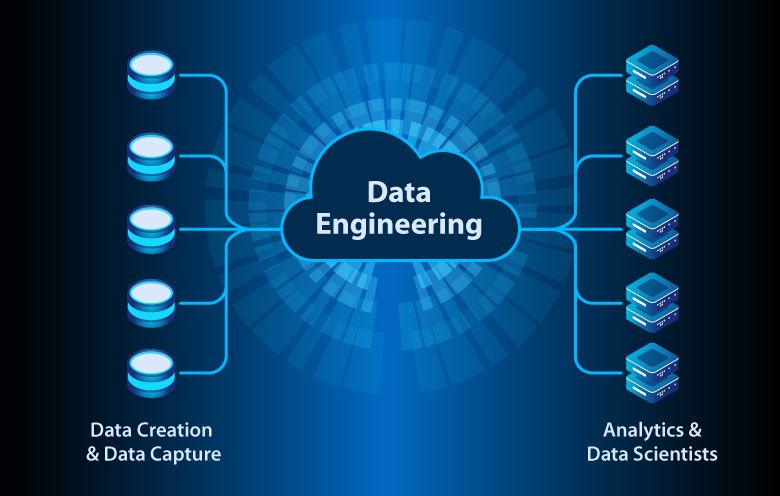
4.Domain Knowledge:
- Industry Verticals: Depending on your interests, specialize in a particular industry vertical such as healthcare, finance, e-commerce, or cybersecurity. Understand the domain-specific challenges and opportunities.
- Ethics and Privacy: Stay informed about ethical considerations and privacy regulations related to data collection, usage, and storage.
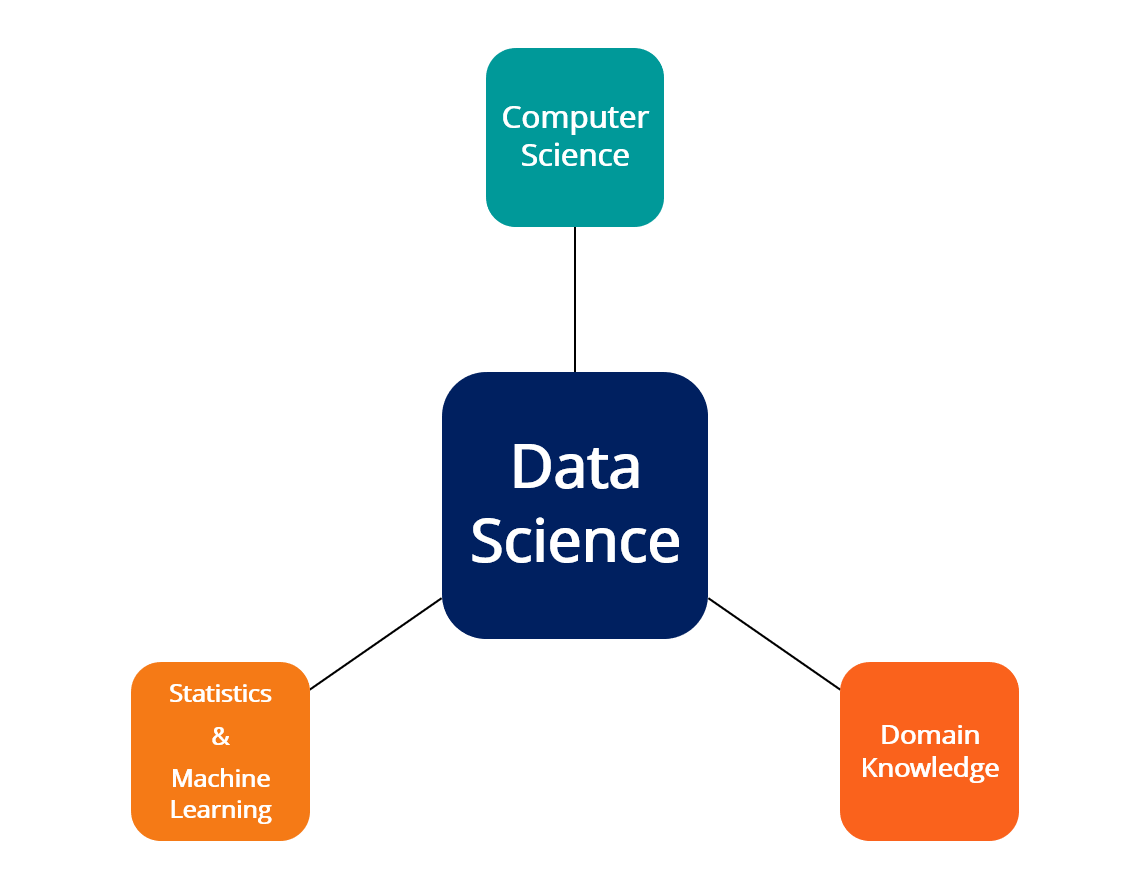
5.Soft Skills:
Communication:
- Verbal Communication: Articulate complex concepts in simple terms and effectively communicate with team members, stakeholders, and non-technical audiences.
- Written Communication: Write clear and concise reports, documentation, and emails to convey findings, recommendations, and project updates.
- Active Listening: Listen attentively to understand others’ perspectives, requirements, and feedback, fostering productive collaboration and mutual understanding.
Problem-Solving:
- Analytical Thinking: Break down complex problems into manageable components, analyze data systematically, and develop data-driven insights and solutions.
- Creativity: Think outside the box and explore innovative approaches to solving problems, experimenting with new ideas, algorithms, and techniques.
- Critical Thinking: Evaluate assumptions, assess evidence, and draw logical conclusions to make informed decisions and solve problems effectively.
Collaboration:
- Teamwork: Work effectively in interdisciplinary teams comprising data scientists, engineers, business analysts, and domain experts, leveraging diverse perspectives and skills.
- Conflict Resolution: Resolve conflicts and disagreements constructively, fostering a positive team environment and maintaining focus on project goals and objectives.
- Interpersonal Skills: Build rapport and establish positive relationships with colleagues and stakeholders, demonstrating empathy, respect, and professionalism.
6.Continuous Learning:
Stay Updated with Industry Trends:
- Follow Industry Leaders and Experts: Keep track of influential figures, research institutions, and companies shaping the field of data science. Follow them on social media, read their blogs, and attend their talks or webinars.
- Subscribe to Newsletters and Publications: Sign up for newsletters, journals, and publications focused on data science, machine learning, and artificial intelligence. Examples include Towards Data Science, KDnuggets, and the O’Reilly Data Newsletter.
- Join Online Communities: Participate in online forums, discussion groups, and communities such as Stack Overflow, Reddit’s r/datascience, and LinkedIn groups related to data science and machine learning.
Hands-on Projects and Challenges:
- Kaggle Competitions: Participate in Kaggle competitions to apply your skills, learn from real-world datasets, and collaborate with other data scientists worldwide.
- Open-Source Contributions: Contribute to open-source projects related to data science, machine learning libraries, or data visualization tools on platforms like GitHub. This allows you to gain practical experience and engage with the community.
- Personal Projects: Work on personal projects or case studies that interest you, applying data science techniques to solve problems or explore datasets in domains you’re passionate about.
7.Networking and Career Development:
Professional Networks:
- Attend Industry Events: Participate in data science conferences, workshops, and seminars to meet professionals in the field, exchange ideas, and build connections.
- Join Professional Organizations: Become a member of data science associations, such as the Data Science Association, IEEE Computational Intelligence Society, or Women in Machine Learning & Data Science (WiMLDS), to network with peers and access resources and opportunities.
- Online Networking Platforms: Use professional networking platforms like LinkedIn to connect with data science professionals, recruiters, and potential mentors. Engage in discussions, share insights, and showcase your expertise through posts and articles.
Career Advancement:
Seek mentorship, pursue certifications, and consider advanced degrees or specialized training programs to advance your career in data science.
Remember that the field of data science is dynamic, so adaptability and a willingness to learn are key attributes for success. By following this roadmap and staying curious and persistent, you can build a rewarding career in data science in 2024 and beyond.
 SINCE 2010
SINCE 2010 